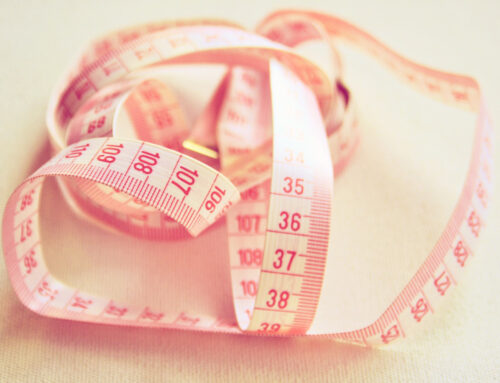Flo and Clue are two increasingly popular platforms which women utilize to track monthly periods that recently amplified the services they offer to clients. Now, additional health tools to examine risk for hormonal imbalances will be available— all “secured” on one’s phone or digital device.
But, just how widely used is this platform? Don’t most women simply keep track of menstrual health in their minds, by second-nature? Not in the present digital revolution. In September alone, more than 700,000 women completed Flo’s health assessments, claimed the app’s developer, Flo Health. The application proceeded to suggest 300,000 of these users to receive additional feedback from doctors. Many women find themselves exclusively relying on the application’s prompts, suggestions, and evaluations as indications of their hygiene and health. Yet, the health tools offered on these platforms are not conducting high-level clinical studies to determine the accuracy of health risk assessments. Individuals fall into the trap of the apps’ over-diagnosis, leading to women to label themselves as “hormonally imbalanced” when they truly do not have an imbalance or other health repercussions.
“You could very likely be making a lot of people concerned that they have a problem that they don’t know will have absolutely no clinical consequences for them,” said Dr. Jennifer Doust, a professor of clinical epidemiology in Australia. These applications, although convenient compared to a trip to the doctor’s, are unfortunately not helpful for all patient populations. A recent study found that most individuals turn to digital apps and online diagnostic platforms as a form of reassurance, or guidance, in addition to a traditional doctor. It’s quite simple to see why people would want to use these apps. Free, graphically-designed advice seem reliable, right?

Flo’s and Clue’s health assessments are part of a broader, widespread shift in digital and cybermedicine. Health and medical tracking apps have helped individuals collect and chart data on their heart rates, daily steps, calories burned, sleep patterns, and menstrual cycles in the past. Now, some of these apps are going further by integrating that data and making some leaps. In other words, they are moving from simply quantifying and tracking health data to medicalizing it— making diagnoses that are at times more severe than in reality.
For example, Polycystic Ovarian Syndrome (PCOS) is a prevalent health issue among women of childbearing age that can be assessed through these apps. Its symptoms commonly include elevated testosterone levels, irregular periods, abnormal facial hair growth. It can also make it more difficult to conceive children and may thus compel women to turn to fertility treatments.
Certain apps’ PCOS risk assessment tools are quite accessible and easy to use. They ask women a series of questions about potential symptoms, and also pose follow-up questions based on user-inputted answers. Then, the app tells them whether symptoms seem suggestive of the hormonal imbalance associated with PCOS, and may recommend that they ask their doctor about it. Women who have been misdiagnosed with PCOS said that the experience could be jarring. “I was really stressed during that time because I really though maybe I wasn’t going to be able to have kids,” said Sabrina Wisbiski, who was erroneously told by an application that she had the disorder. She later discovered that she had a different hormonal imbalance due to intensive bodybuilding.
Clue and Flo say that their assessments do not make definite health judgements. If the app does detect a risk, Flo tell users that their symptoms “could be a manifestation of PCOS” while Clue tell users that PCOS is a “possible cause” of their irregular periods. They prefer to “err on the side of caution,” said Daniel Thomas, Clue’s head of data science. Yet, the wording that these applications and their health assessments pose to users are framed in a way to make women believe that they are in a vulnerable position.
“Irregular periods may be a symptom. Do your periods always starts in the same timeframe?” one question on the Flo app said.
“Plenty of acne in more than six months could mean a hormonal imbalance caused by PCOS. Do you experience acne?” another mentioned.
It’s kind of suggesting the answer, right?
Although technology has truly revolutionized our lives, making it easier to help ourselves, sometimes it can be overbearing or erroneous, which is something we must keep in mind.




